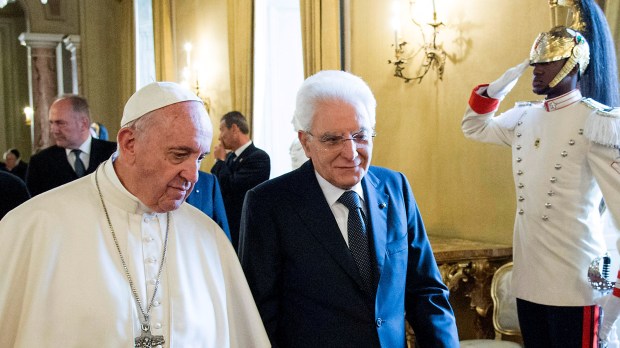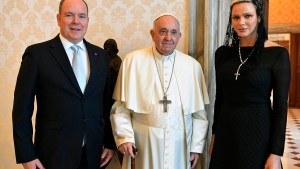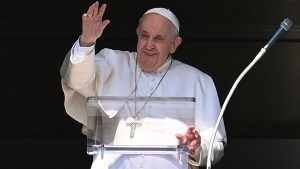On the occasion of the 81st birthday of Italian President Sergio Mattarella, Pope Francis paid a heartfelt tribute to the head of state in a telegram published by the Holy See Press Office on July 23, 2022. Referring to the “particular juncture, marked by many difficulties and crucial choices for the life of the country,” the pontiff praised the Sicilian’s “gentle authority” and “exemplary dedication” to Italy.
In his letter, the pope referred to the political crisis caused on July 14 by the end of the coalition supporting Prime Minister Mario Draghi’s unity government after a vote of no confidence by the Five Star Movement (M5S). President Mattarella initially refused to accept the resignation of the former president of the european Central Bank, trying to force the parties to re-establish their alliance. However, Mattarella was forced to accept the resignation on July 20 after the right-wing parties defected. As a result, he announced the dissolution of parliament and the upcoming elections.
These delicate political circumstances seem to justify the Pope’s message. In fact, this is the first time in his pontificate that Francis has offered a public birthday greeting to the president, who has been in office for more than seven years. The pontiff mentioned his “personal esteem” for the president, who agreed to serve a second seven-year term in February 2022, even though he had been planning to retire.
In his telegram, the pontiff also highlights the “high service” and the “fundamental and indispensable contribution” that the president offers to his country. He sends his apostolic blessing to him, his collaborators and the entire Italian nation.
In recent years, Pope Francis has met several times with the president – who is four years younger than he is – and has sent him warm messages on multiple occasions.
The Bishop of Rome also has a special relationship with the former Prime Minister Mario Draghi, who resigned in July 2022. Pope Francis appointed Draghi a member of the Pontifical Academy of Social Sciences in 2020, shortly before the Jesuit-trained economist agreed to head a unity government in February 2021.



